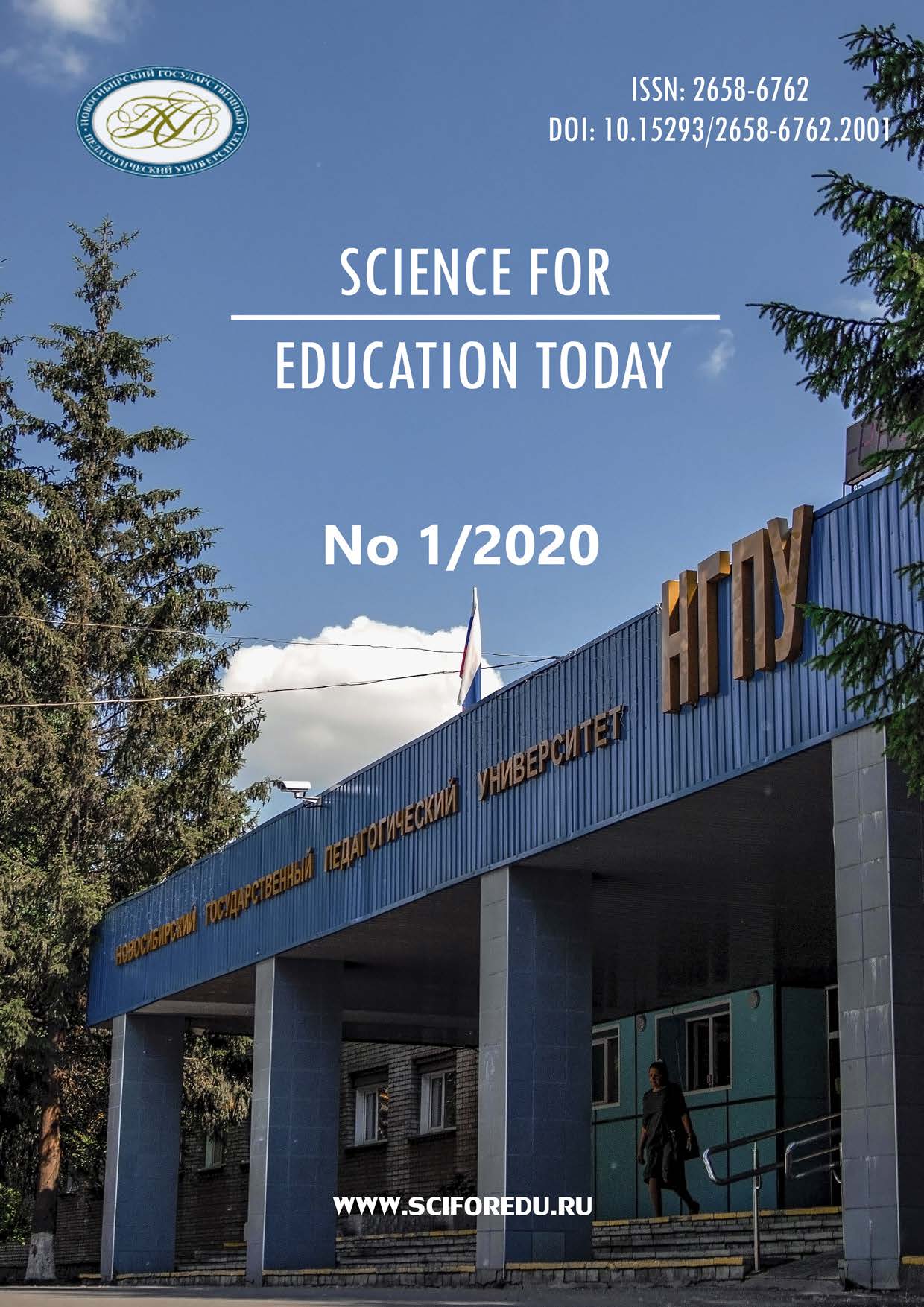Особенности гендерных показателей цифровой грамотности студентов
Gender-specific indicators of university students’ digital literacy
Author(s): Natalya Pavlovna Krylova, Evgeny Nikolaevich LevashovSubject(s): Gender Studies, Higher Education , Sociology of Education
Published by: Новосибирский государственный педагогический университет
Keywords: Digital literacy; Digital competences; Digital skills; Educational environment; University education; Digital literacy level; Gender aspect;
Summary/Abstract: The authors study the problem of developing students’ digital literacy within the context of a higher educational institution. The purpose of the research is to identify gender indicators of university students’ digital literacy. Materials and Methods. The study was conducted using competency-based and activity-based approaches in the context of higher education. It relies on digital literacy indicators identified at the G20 Summit 2017. According to them, the authors identify the levels of gender-specific indicators of students’ digital literacy. The authors clarify the concepts of ‘digital literacy’ and ‘digital competencies’ taking into account modern scholarly approaches. Within the context of this study, the data were collected via an online survey and interviews. The sample consisted of 190 1st–4th year students at Cherepovets State University. Interviews were conducted with academic staff (n=20). Results. The article presented an overview of modern approaches to measuring students’ digital literacy. The study revealed gender indicators and proficiency levels in digital literacy of university students. The study clarified the needs for digital proficiency within modern educational environments, revealed common and distinctive characteristics of digital competencies, digital skills, and digital literacy of students. The authors developed the online students’ survey and analyzed the obtained research data. Gender-specific indicators and levels of respondents’ digital literacy were identified. Conclusions. The study did not find significant gender differences in digital literacy rates. Both male and female students demonstrated the intermediate level of digital literacy. The authors provided recommendations on digital literacy development.
Journal: Science for Education Today
- Issue Year: 10/2020
- Issue No: 1
- Page Range: 128-148
- Page Count: 21
- Language: Russian

